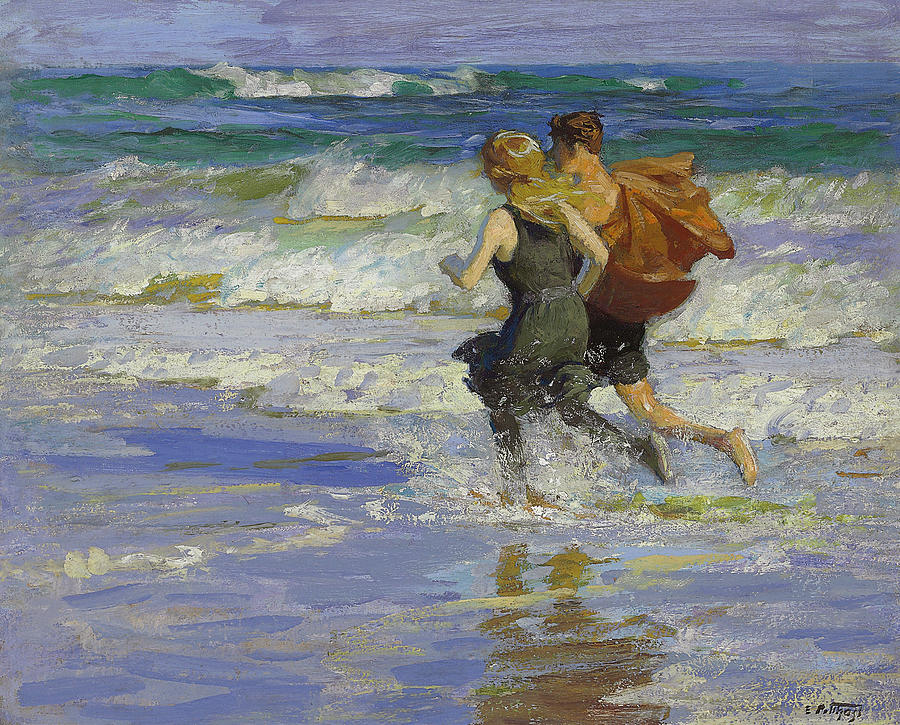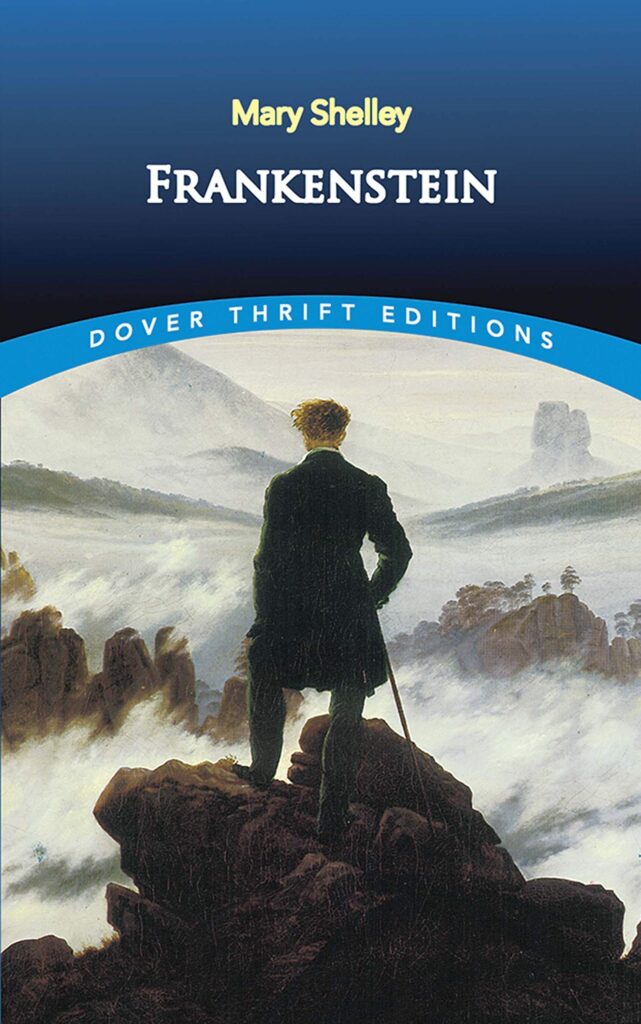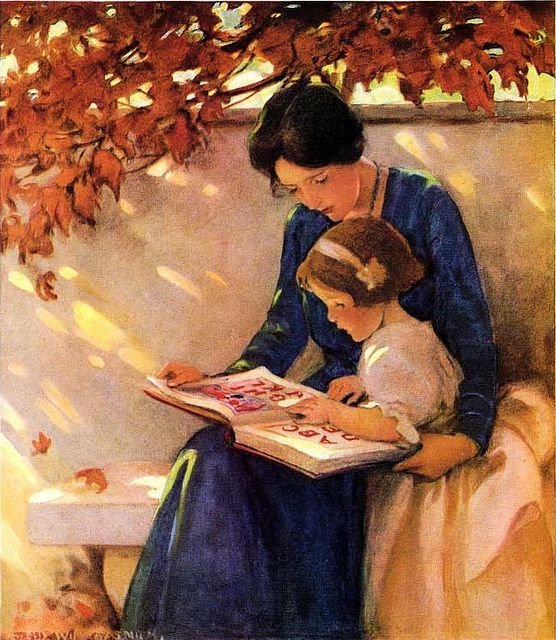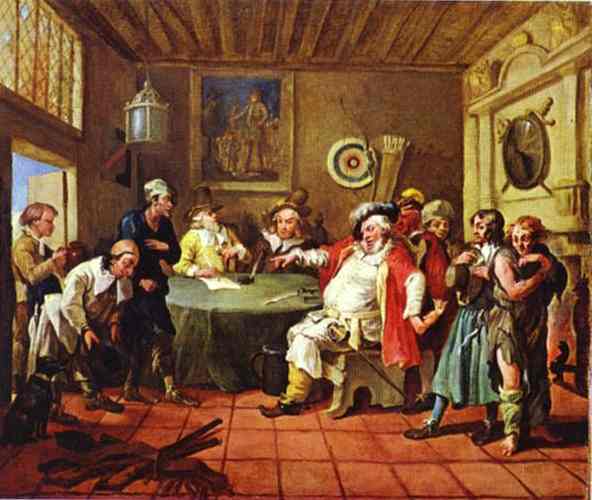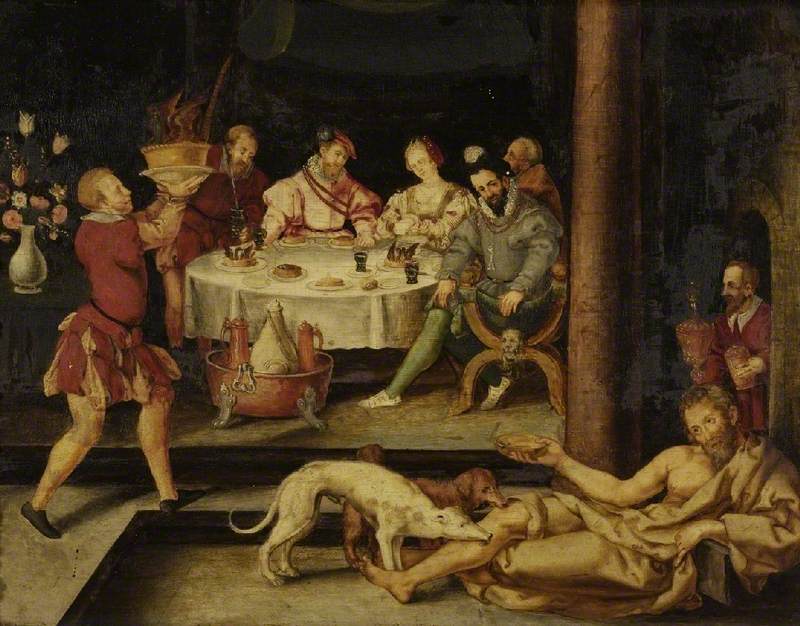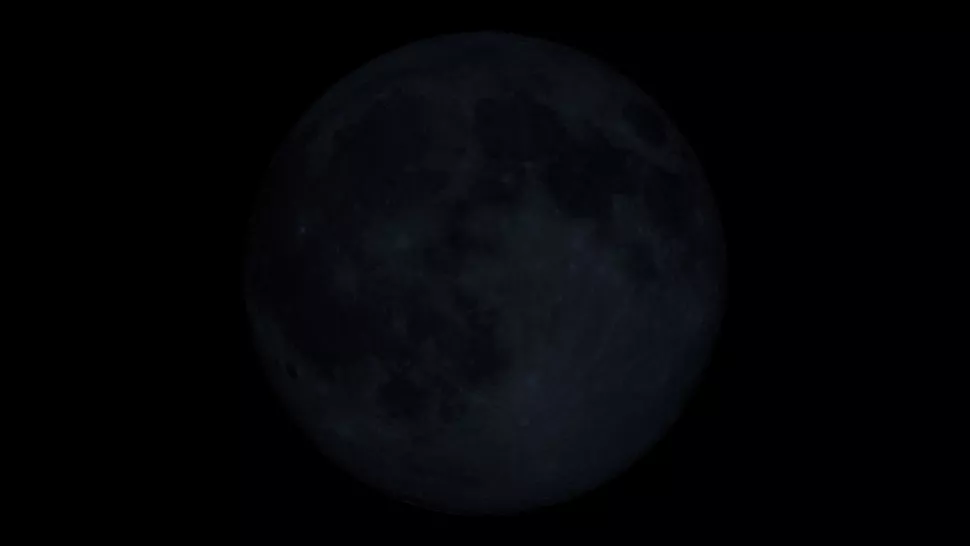Monday
Julia and I have fallen in love with the South Korean series The Extraordinary Attorney Woo, available on Netflix. I mention it here because a recent episode included a fine poem by South Korean poet Ahn Do-hyun.
Although I know nothing about South Korean poetry or this particular poet, I was able to track down the poem because translator Tim Bowles, also taken by the episode, found and translated it. Attorney Woo is an autistic attorney who (at least so far) succeeds in the high-powered world of corporate law because of her extraordinary memory and her ability to think outside the box. In each episode we watch her surmounting the challenges and prejudice that those with her condition face.
Because she works for a corporate law firm, she’s not always on the side of the good guys. As her supervisor explains to her, the company’s job is to make the best defense for their client (and to pocket the fee) while letting judge and jury decide upon justice. In this particular episode she finds herself defending a company that discriminates against its female employees. Forced to downsize prior to a merger, the company pressures the wives of couples who work for it to resign, telling them that, if they do so, their husbands can continue working. “You don’t want to get in the way of your husband’s career, do you?” asks the company manager responsible for hiring and firing.
The case is taken up by a feminist attorney who has a sisterhood relationship with her clients. Attorney Woo experiences an emotional tug-of-war between the slimeball she is defending and the sympathetic plaintiffs. She is particularly struck by how, even after her firm wins the case—South Korean patriarchal society wins out—she is invited to a party held by the plaintiffs. They are buoyed up by having fought the good fight, even though they lost.
It is at this party that the following poem is read:
A Chunk of Charcoal
By Ahn Do-hyun
Trans. by David BowlesThere are many ways to say it,
but the meaning of life
is to become a chunk of charcoal,
willingly, for someone else.From the day floors must be heated until spring arrives,
the most beautiful sight on the glorious streets of Korea
is a truck, loaded with charcoal,
struggling up a hill.As if it knows its purpose,
charcoal burns on and on
once its body catches fire.
I refused to grasp the lesson
though I ate hot soup and rice each day,
for I was afraid that after loving
with all of my being, I’d be left alone—
just a lump of ash.So far, I’ve never become charcoal for anyone.
Yet when I think about it,
life is about being broken
into chunks.I never thought to spread myself upon the ice
so others might walk more safely
when the world is slippery
with early morning snow.
Despite the disclaimer—“I’ve never become charcoal for anyone”—the very fact that the speaker is thinking in these terms shows that he/she believes that such self-sacrifice is life’s purpose. That’s why the normally unromantic image of a coal truck lumbering uphill is so inspiring. We must throw ourselves into the fire because, if we hold back for fear of becoming a lump of ash, paradoxically we will indeed become a lump of ash. We will live life unloved and alone.
Throwing ourselves into the fire not only provides hot soup and rice for our fellow human beings but, again paradoxically, it means that we’ll burn on and on. As Lucille Clifton puts it in a poem written about Harriet Tubman (“to a dark moses”)
i am the bush.
i am burning.
i am not consumed.
Then, in another twist, Do-hyun essentially says it’s okay even if we are consumed. “Yet when I think about it,” he reflects, “life is about being broken into chunks.” After all, charcoal dust can be scattered “upon the ice so others might walk more safely.”
In the show’s episode, we see Woo developing serious doubts about her company after she encounters the feminist attorney and the sympathetic plaintiffs. In this first season, Woo is still a rookie attorney, attempting to figure out how both the world of law and the world of the non-autistic work. I look forward to seeing whether she will, as she matures, break with corporate law and align with the charcoal workers of the world. She appears to have both the idealism and the sensibility to do so. At the moment, however, she has enough on her plate simply to stay afloat.


